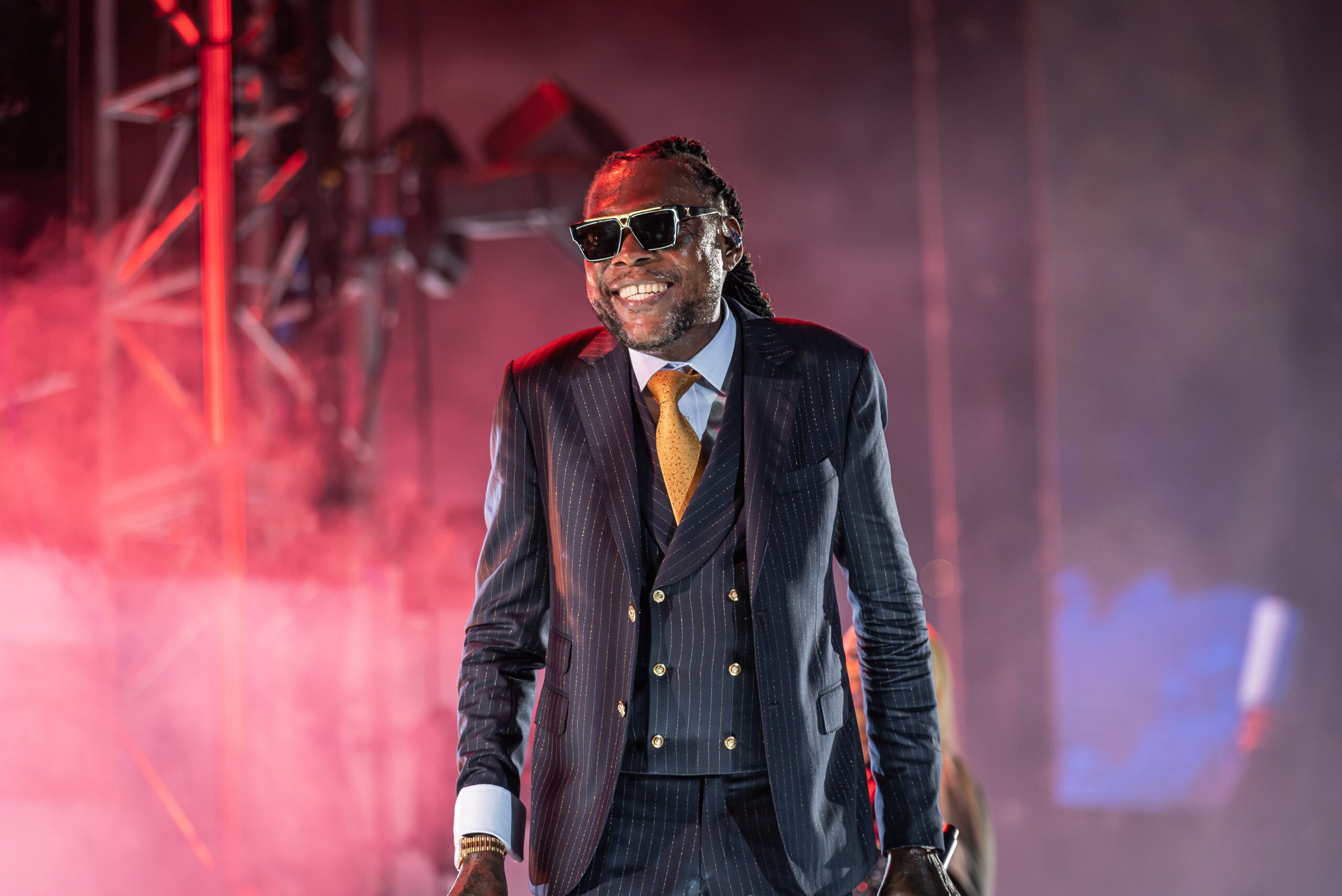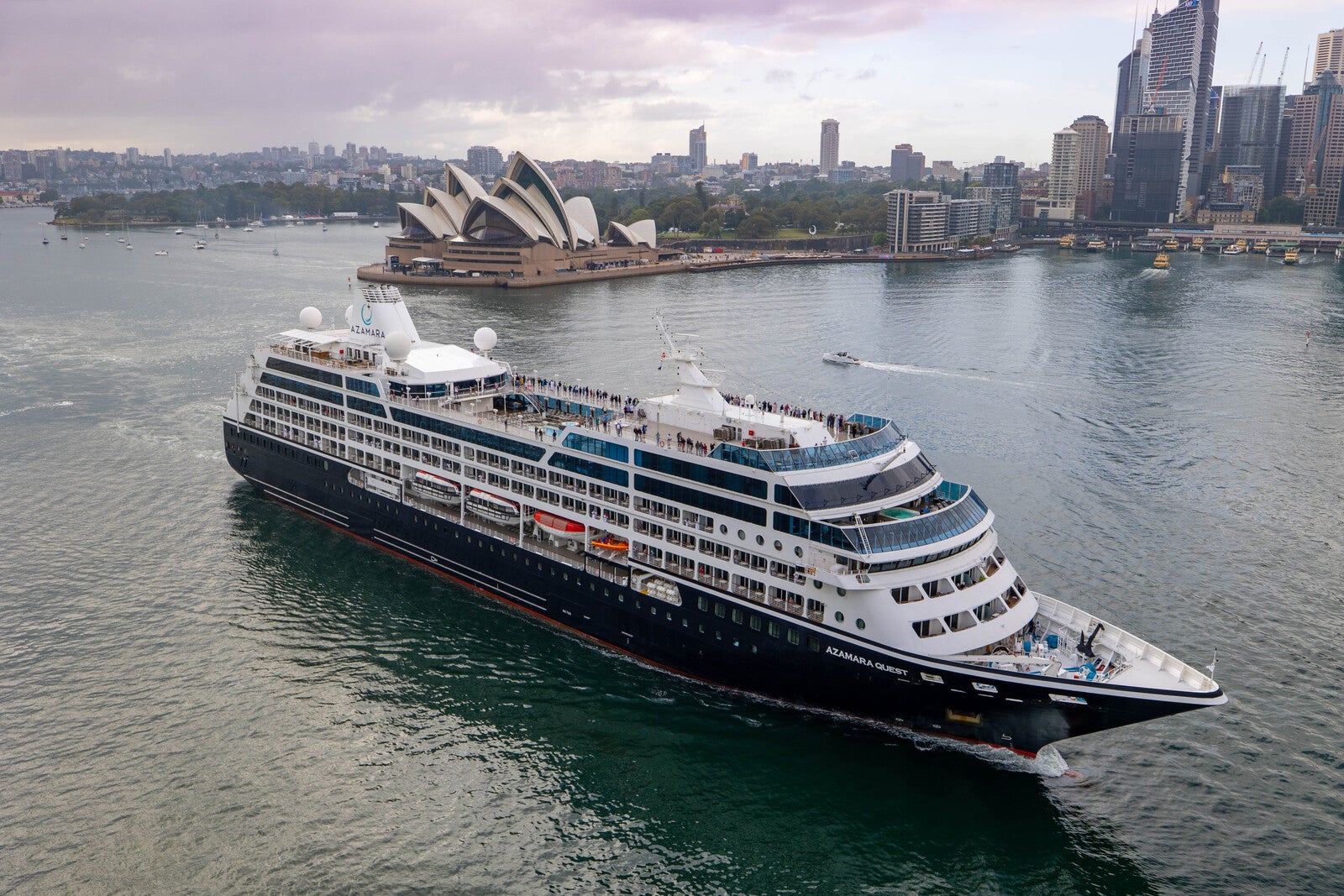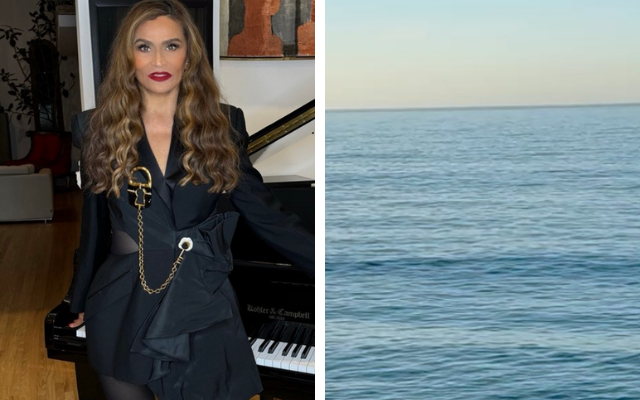Following several days of hearings over a week ago during which it heard from both Guyana and Venezuela, the International Court of Justice (ICJ) is expected to deliver its decision on Venezuela’s preliminary objections during the first half of 2023.
This was revealed by Minister of Foreign Affairs and International Cooperation, Hugh Todd, while he was updating the National Assembly on the recent hearings at the World Court.
“The Court will deliberate on the issue over the coming months. Decision is expected by Spring of 2023,” he informed the House.
Guyana has approached the ICJ, seeking a final and binding ruling that the 1899 Arbitral Award, which demarcates the boundaries between Guyana and Venezuela, is valid.
This is after the Spanish-speaking nation had laid claim to more than two-thirds of Guyana’s landmass in Essequibo, where most of its natural resources are, and a portion of the country’s exclusive economic zone (EEZ) offshore in which some 10 billion barrels of oil have been discovered over the past seven years.
However, Venezuela has been seeking to block Guyana from having its substantive application before the World Court heard, on spurious grounds that include its claims that the United Kingdom should have been made a party to the case instead of Guyana since the 1899 Arbitral Award was signed between Venezuela and the then Great Britain.
Venezuela has also claimed that the 1899 arbitral award is void due to what it claims was fraud by the UK at the time.
“Guyana argued that the United Kingdom is not indispensable because it has no legal interests that would be affected by a judgment on the validity of the Arbitral Award of 3rd of October 1899 which fixed the boundary between British Guiana and Venezuela or any interests in the boundary itself – such interests having been terminated in May of 1966 upon Guyana’s independence,” Todd stated.
Nevertheless, the Foreign Affairs Minister told the National Assembly that Guyana is confident of the ICJ ruling to proceed with the substantive case.
“Guyana is confident that its arguments will prevail and that the court will reject Venezuela’s objections and advance the case to the merits phase,” he posited.
During the closing round of arguments at last week’s hearing at the World Court, Guyana’s Co-Agent and Advisor on Borders, Carl Greenidge, described Venezuela’s preliminary objections to the case as long on rhetoric but short on facts.
Greenidge said that Venezuela has absolutely failed to articulate proper grounds for its case.“As will no doubt have been apparent to the Court throughout this hearing, Venezuela’s arguments in support of its preliminary objections have been rather long on allegations and rhetoric and somewhat short on substance. One thing, however, is abundantly clear. Venezuela really does not want this court to determine the merits of Guyana’s claims.
“Why, one might ask, is that the case? Is it that Venezuela is concerned that a judgement in the case will, in its very essence, involve a determination of the rights of the UK? Or is it because Venezuela recognises that the legal and factual merits of Guyana’s claims, are overwhelming and a hearing will yield only one possible outcome?” he questioned.
The Co-Agent went onto state that Venezuela is more interested in continuing to hold onto a falsehood, than a final and legal pronouncement on the truth. He reaffirmed that Guyana has no interest in a negotiation conclusion of the border controversy, but a legal one.
Guyana, among other things, is asking the ICJ to adjudge and declare that the 1899 Award is valid and binding upon Guyana and Venezuela and that Venezuela is internationally responsible for violations of Guyana’s sovereignty and sovereign rights, and for all injuries suffered by Guyana as a consequence.





















Discussion about this post